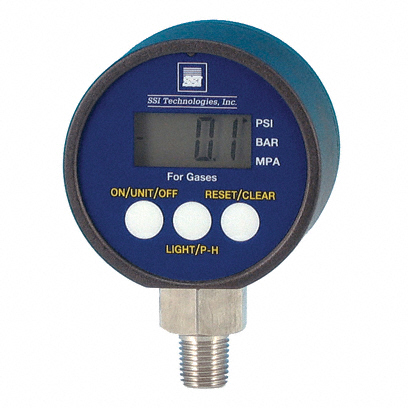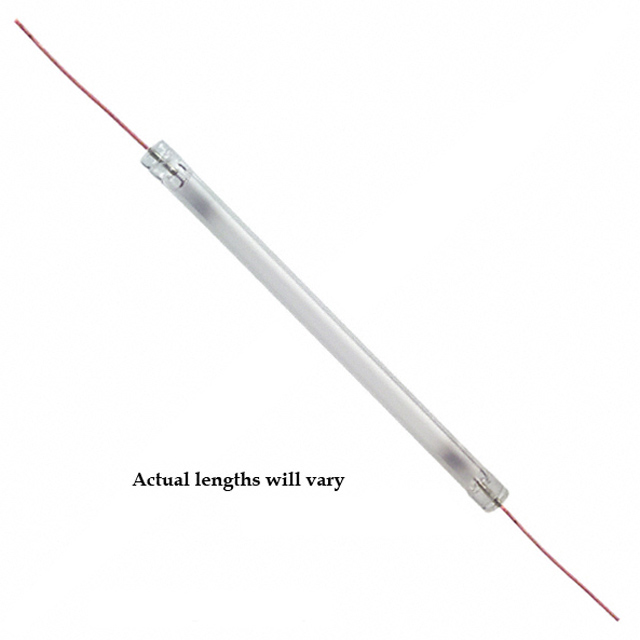MGA-725M4: Features: • Operating frequency: 0.1 GHz ~ 6.0 GHz• Noise figure: 1.2 dB at 800 MHz 1.4 dB at 1900 MHz• Gain: 17.5 dB at 800 MHz 15.7 dB at 1900 MHz• Bypass switch on chip Lo...
floor Price/Ceiling Price
- Part Number:
- MGA-725M4
- Supply Ability:
- 5000
Price Break
- Qty
- 1~5000
- Unit Price
- Negotiable
- Processing time
- 15 Days
SeekIC Buyer Protection PLUS - newly updated for 2013!
- Escrow Protection.
- Guaranteed refunds.
- Secure payments.
- Learn more >>
Month Sales
268 Transactions
Payment Methods
All payment methods are secure and covered by SeekIC Buyer Protection PLUS.

 MGA-725M4 Data Sheet
MGA-725M4 Data Sheet






